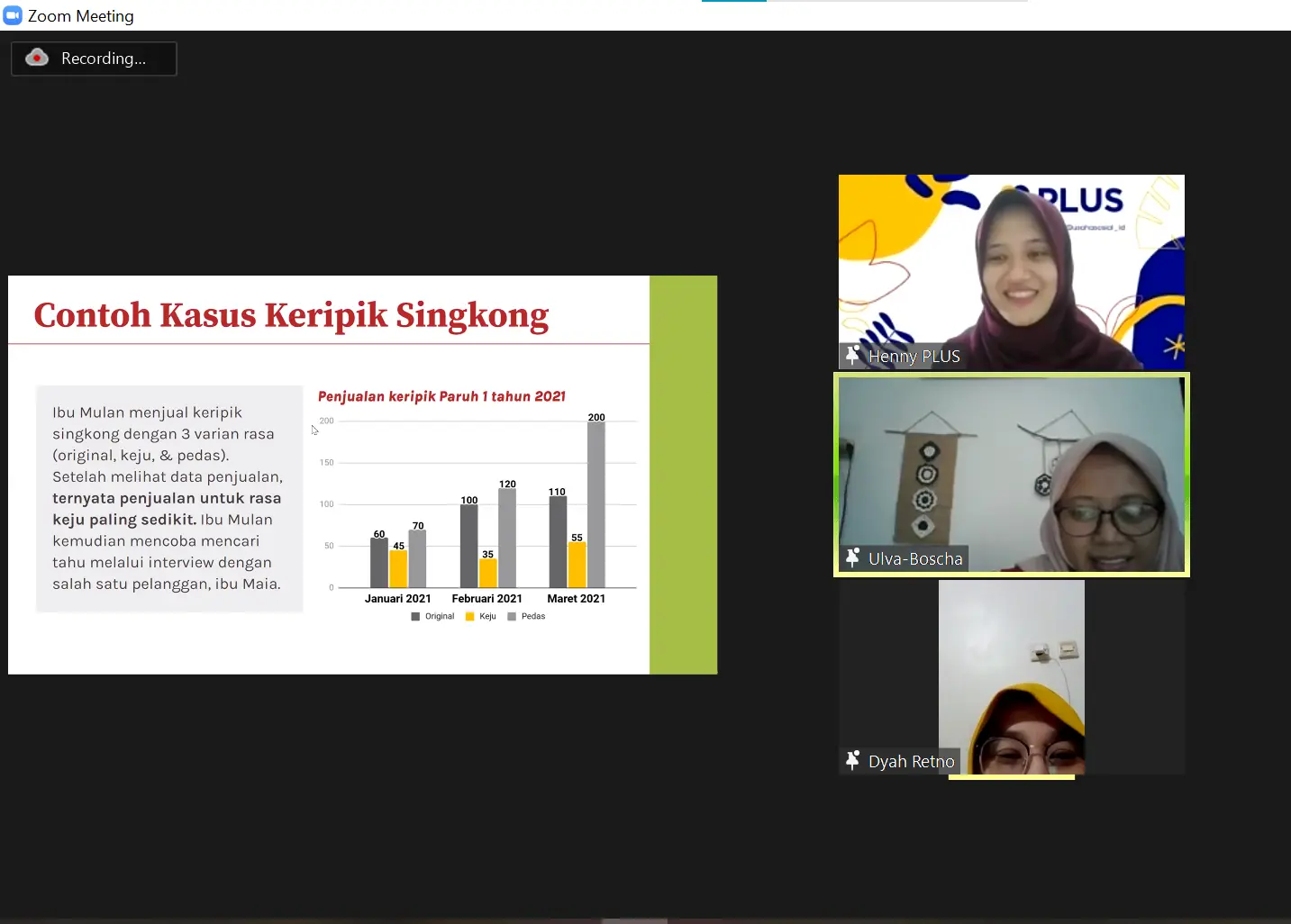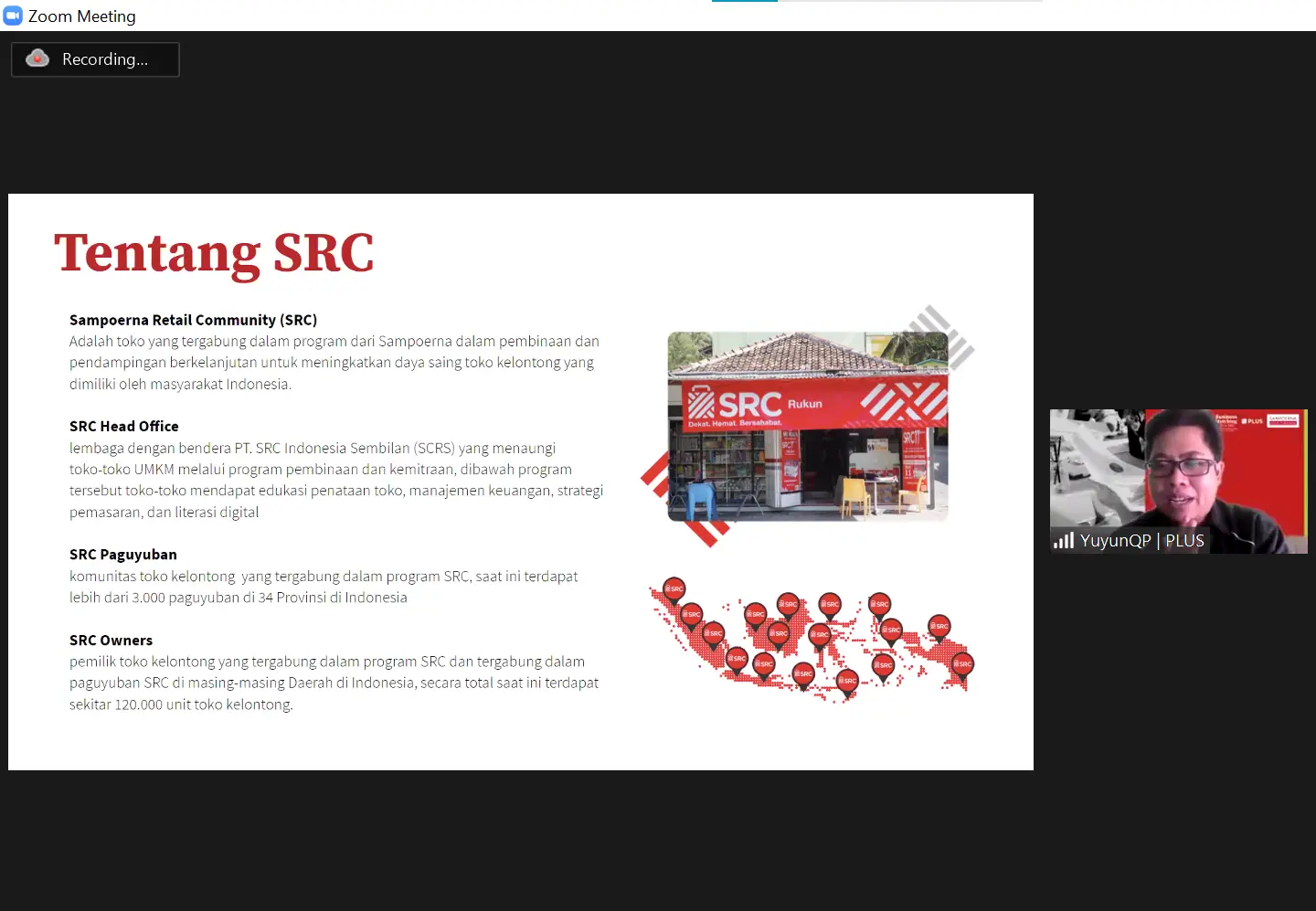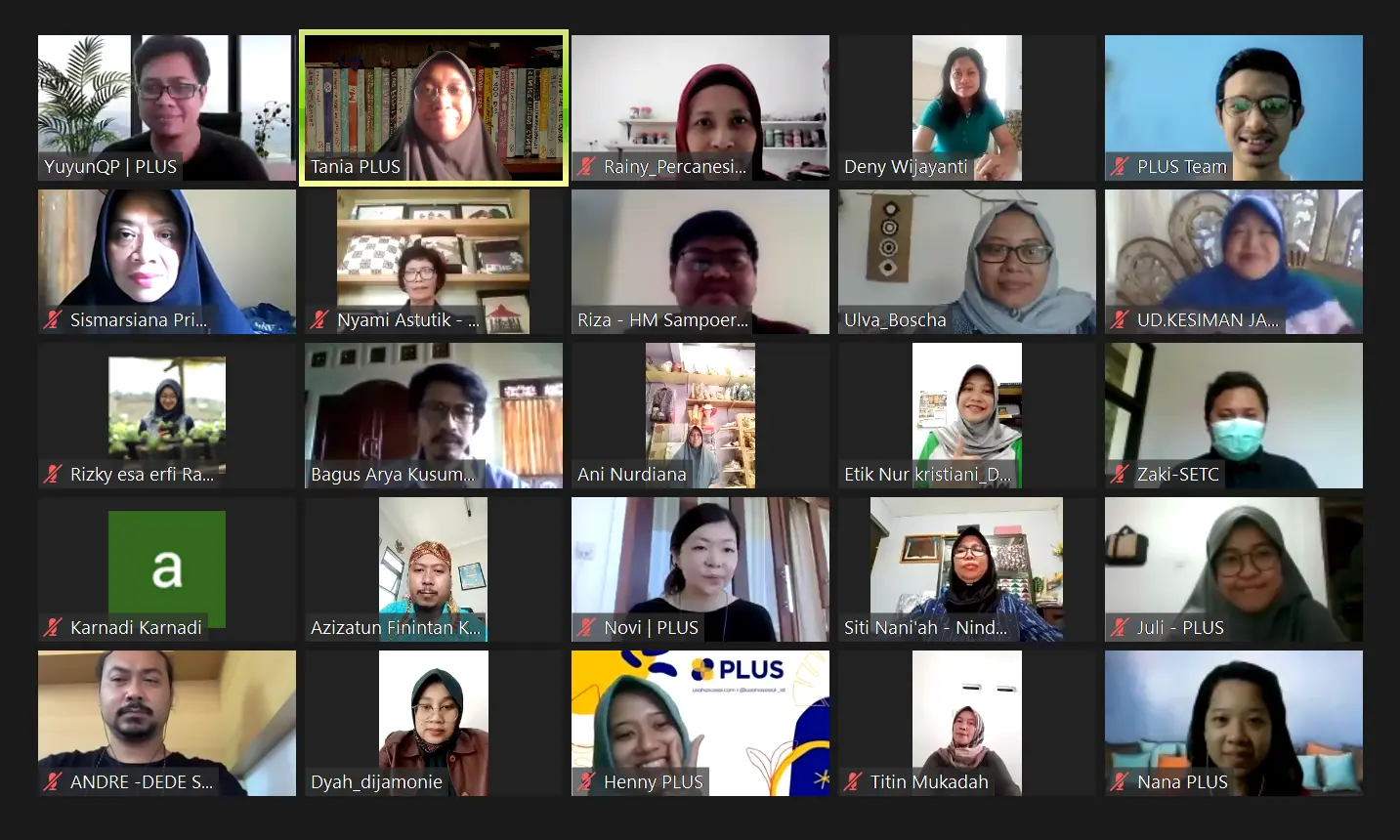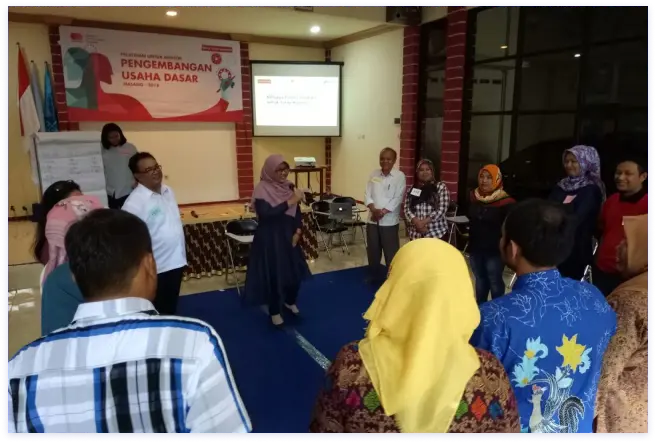When we hear the term “business matching” for MSMEs, we usually think of a process that involves matching two MSME entities so that they can support each other’s business development. The critical question in the MSME “matchmaking” process is whether they are capable of complementing each other’s needs or not. If they cannot meet each other’s needs, then the process of “matchmaking” for MSMEs will be of no use. For instance, if MSME A has the facilities, access, and market networks, while MSME B has products that suit the market characteristics of MSME A, then these two MSMEs can be matched. MSME A gets the goods to meet market demand, while MSME B gets a new sales channel.
However, business matching with MSMEs is not a simple process, and it is not just about making introductions without follow-up cooperation. The capacity of each business entity needs attention first. Both must meet the minimum capacity required for business collaboration to be sustainable. This is where the importance of curation comes in before carrying out the MSME matching process. Curation aims to determine whether MSME entities are suitable for the matching process or not.
To carry out this curation, the PLUS team was trusted by PT. HM Sampoerna through Sampoerna For Indonesia, which has hundreds of coached MSMEs spread across Indonesia, to curate and provide supplies to producer MSMEs who will be matched with coached partner MSMEs who have a role as product distribution channels. This was done between February and May 2021.
A business that is looking for a long-term partnership must meet two capacity requirements: product capacity and business activity capacity. Product capacity ensures that the product is produced in a planned manner and meets all requirements for sale, including regulations and product performance. Business activity capacity, on the other hand, refers to the legality of business activities and the presence of plans for future business development, rather than simply reacting to the need for survival.
We received data on approximately 160 MSMEs in the curation process, out of which 60 businesses were selected based on their product and business capacity. These 60 businesses are suitable for participating in business matching activities. The indicators we set for curation are as follows:
1. Business capacity indicators
2. Legality of business activities (available NIB)
3. There is a team in business
4. There are marketing activities carried out
5. Product quality indicators
6. Availability of product certification (PRT, BPOM, POM TR, etc.)
7. Products are made regularly (not seasonal products
“We believe that by fulfilling these indicators, our cooperation will be long-term. We have developed an applicable tool that will make the curation process easier, which will certainly be very useful for business matching projects for MSMEs.”






